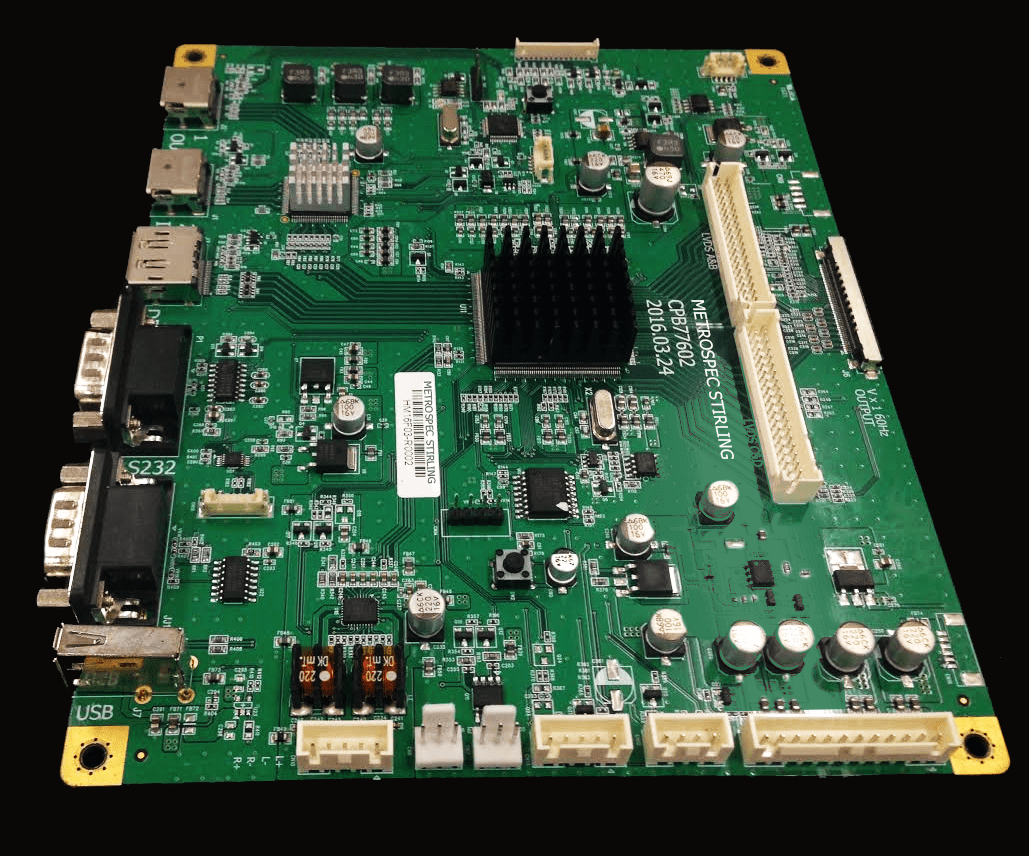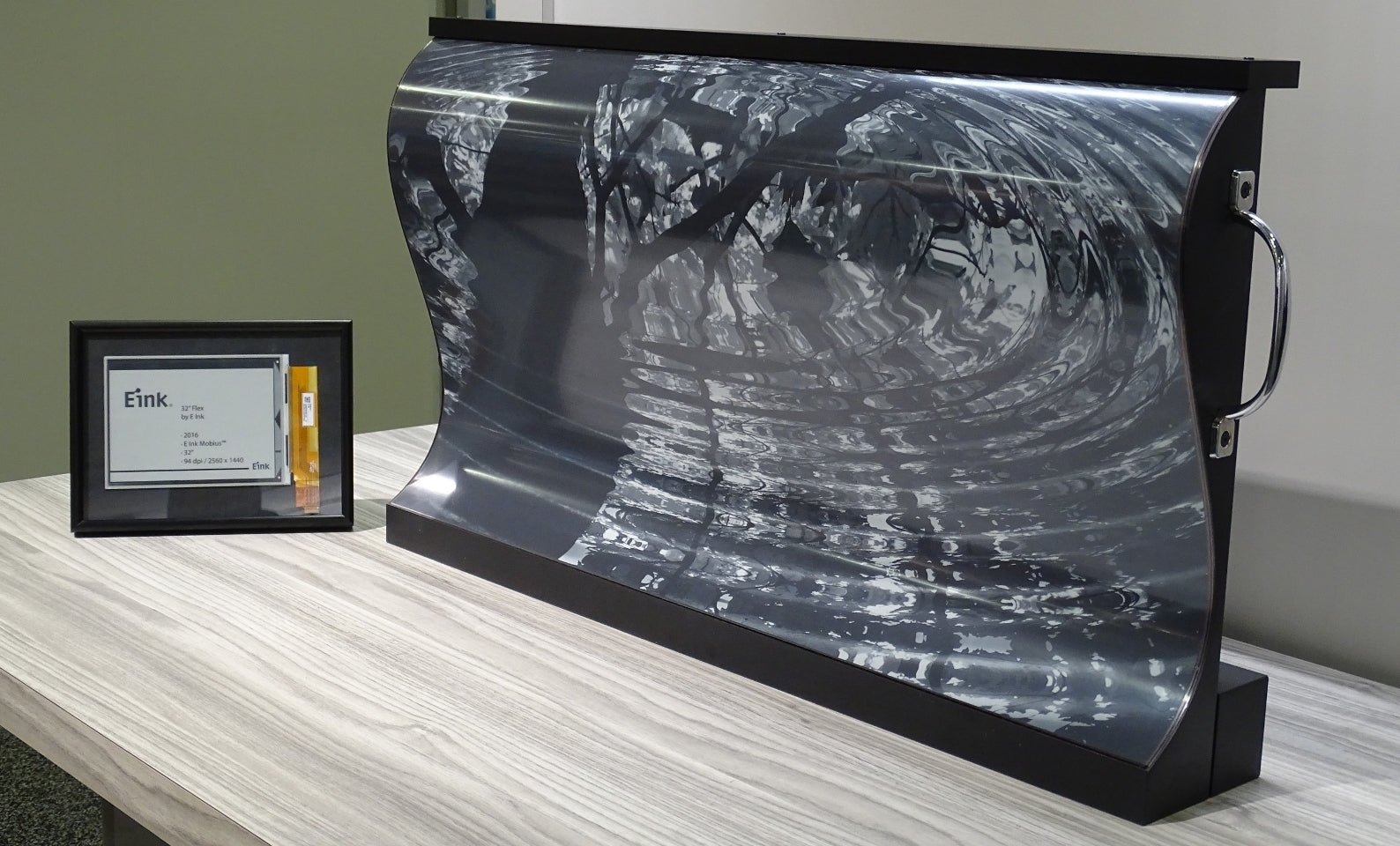
OLED achieves infinite contrast (>100,000:1) and refresh rates exceeding 120Hz thanks to its self-emissive characteristics, making it suitable for dynamic video; Electronic paper (ePaper) relies...
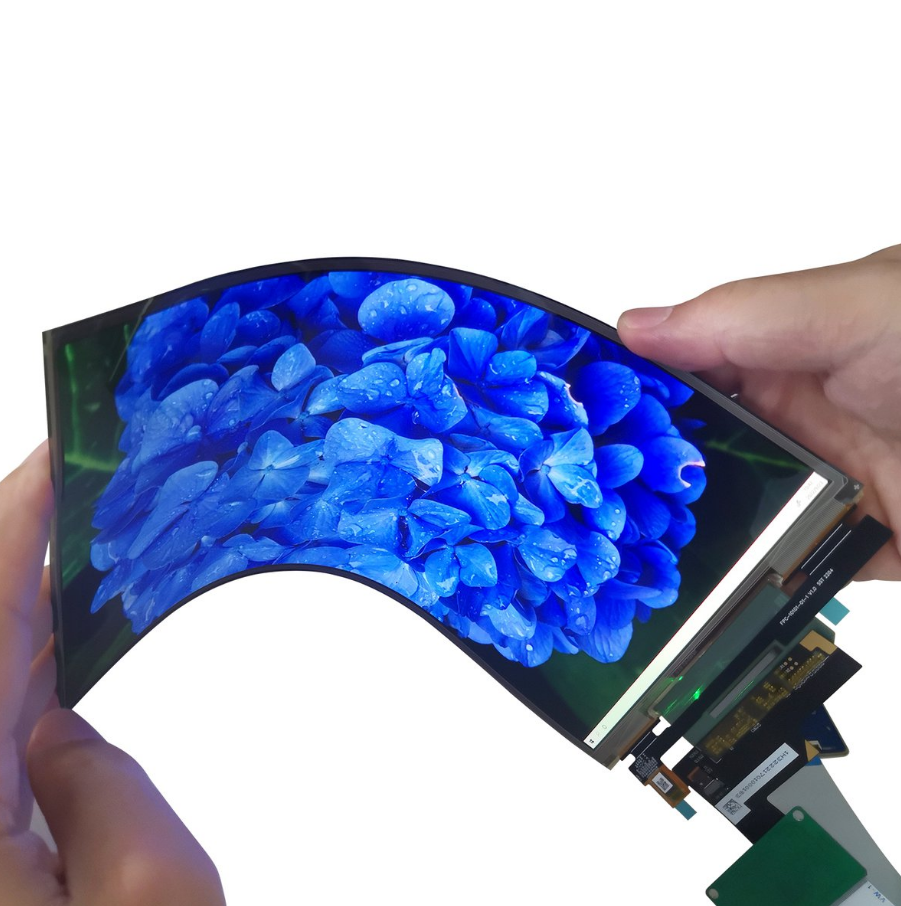
Flexible Substrates Using Polyimide (PI) or Ultra-Thin Glass (UTG), PI substrates are 50-125μm thick with a bending radius of 1-3mm (e.g., Samsung Z Fold series), temperature resistance from -269℃ ...
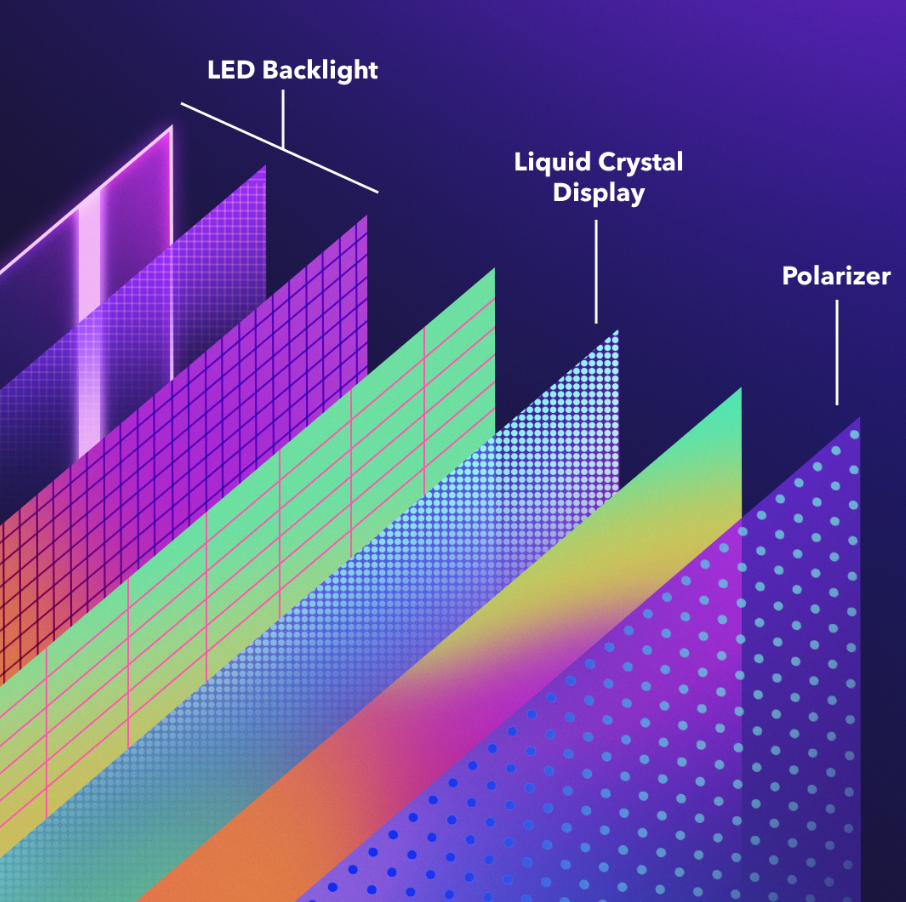
OLED is based on self-emissive organic pixels (light up when energized, turn off when power is cut), with independent pixel light control. It emits no light at all when turned off, reaching a contr...
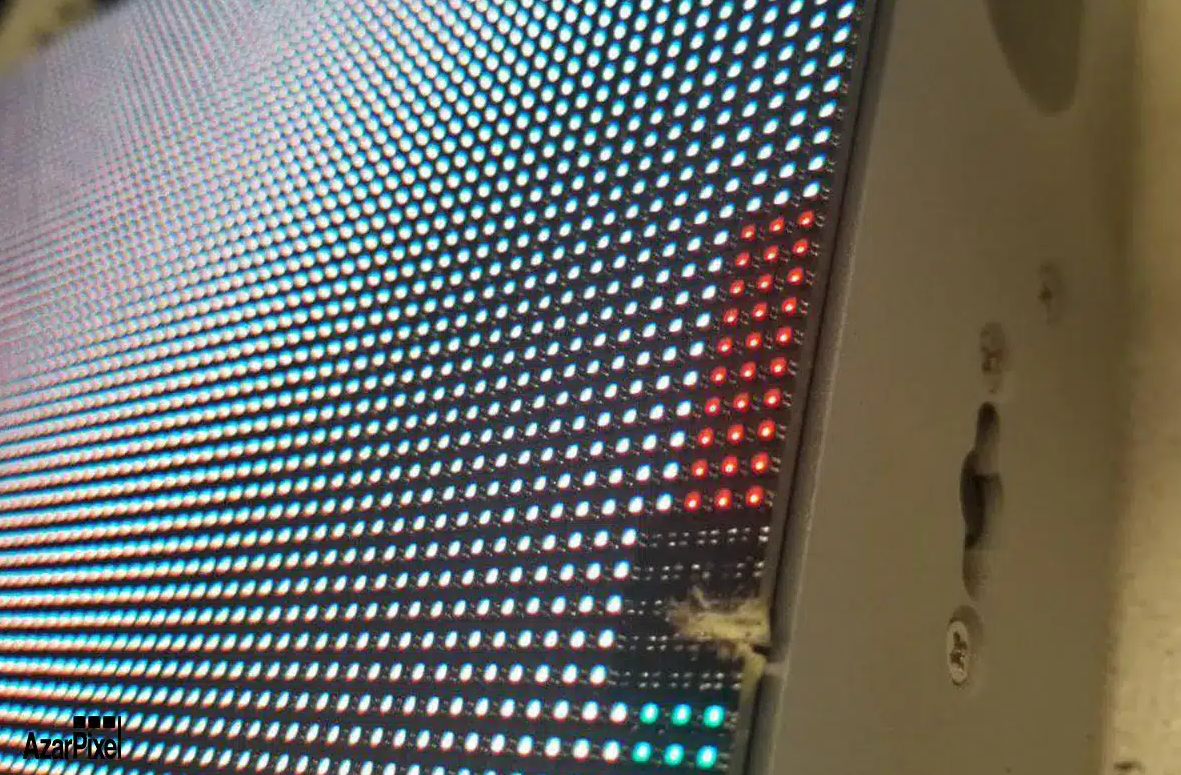
Common issues of transparent LCD screens focus on Viewing Angle due to the special arrangement of liquid crystal molecules, with horizontal/vertical viewing angles only 120°/100° (ordinary IPS is 1...
When purchasing an LCD control board, prioritize interface compatibility by first verifying the panel manual for interface types (e.g., LVDS Dual Channel 8-bit, eDP 1.4). The dual-channel LVDS band...
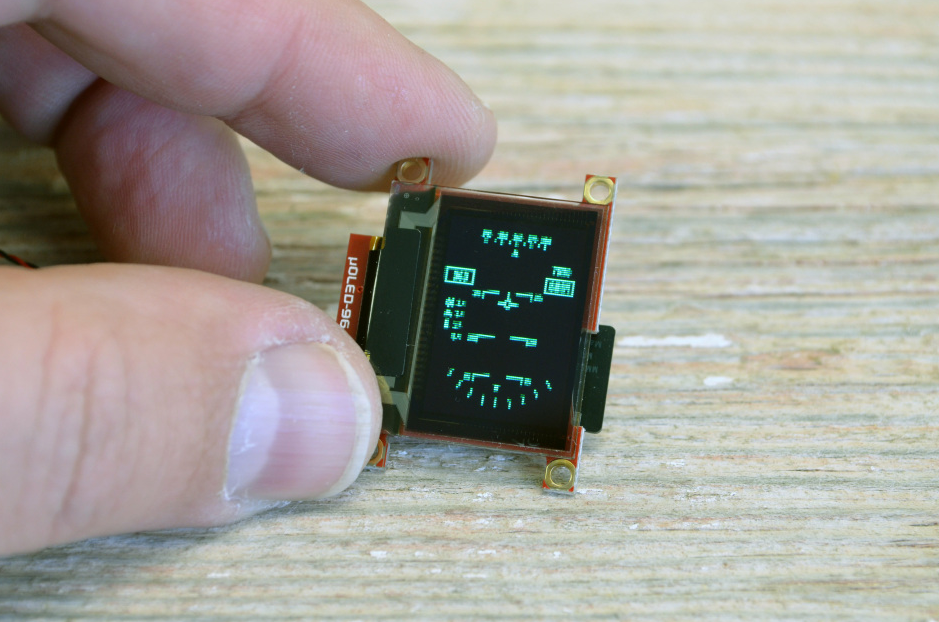
Irregular Cutting adopts laser special-shaped cutting technology (spot diameter ≤50μm) for precise processing of chamfers (R angle ≥0.3mm) and special-shaped holes (such as camera openings). The cu...
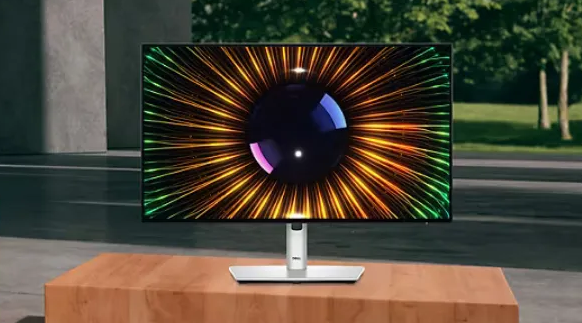
On an all-black screen, 27-inch IPS panels measured edge brightness 15%-20% higher than the center (ISO 9241-307 standard), showing gray edges when viewing in dark environments; for instance, U-ser...
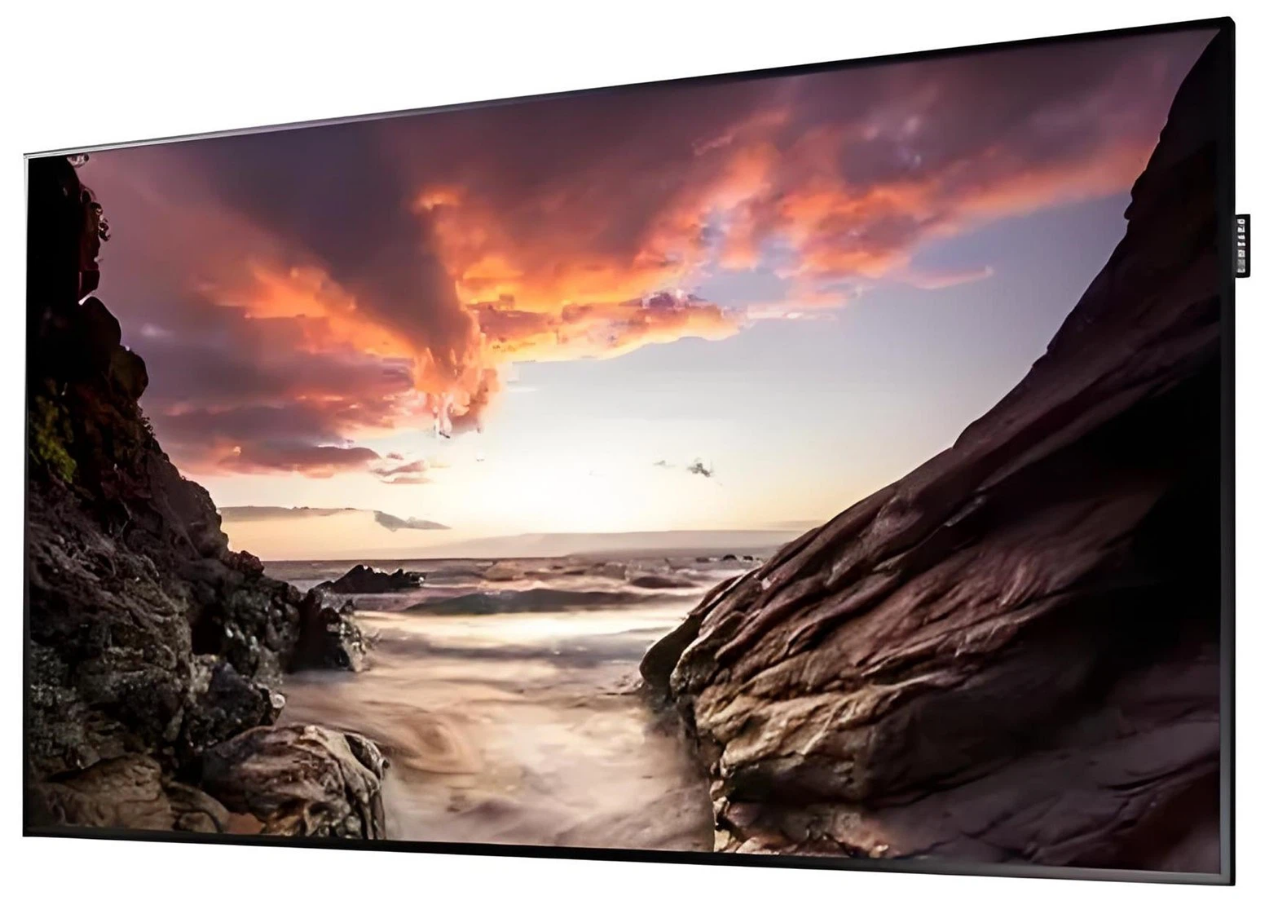
Size is determined by viewing distance; THX standards suggest 24 inches (61cm diagonal) for 1.5 meters, 27 inches (69cm) for 2 meters, and distances over 2.5 meters for screens exceeding 32 inches ...
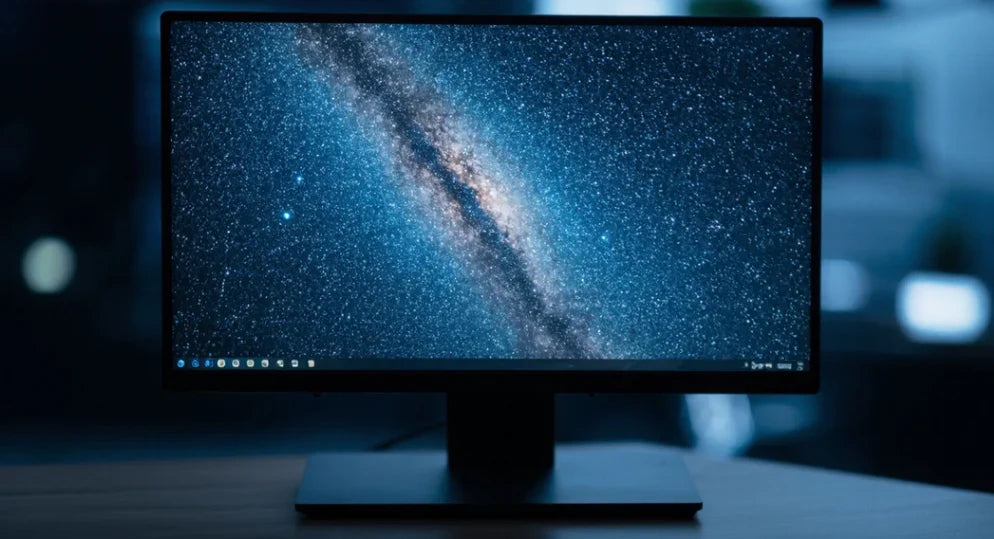
Check power supply for screen flickering (voltage fluctuation ≤ ±5%), inspect backlight for black screen (replace if LED damage >30%), reinsert FPC cable; Gently press bright lines to see displ...


